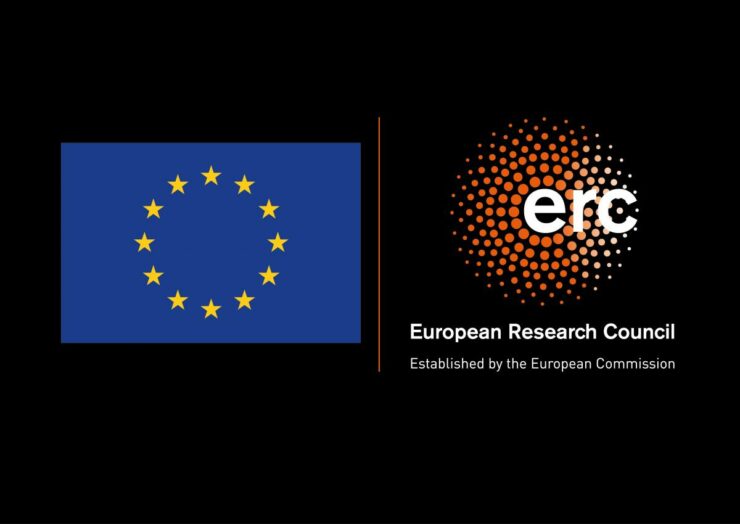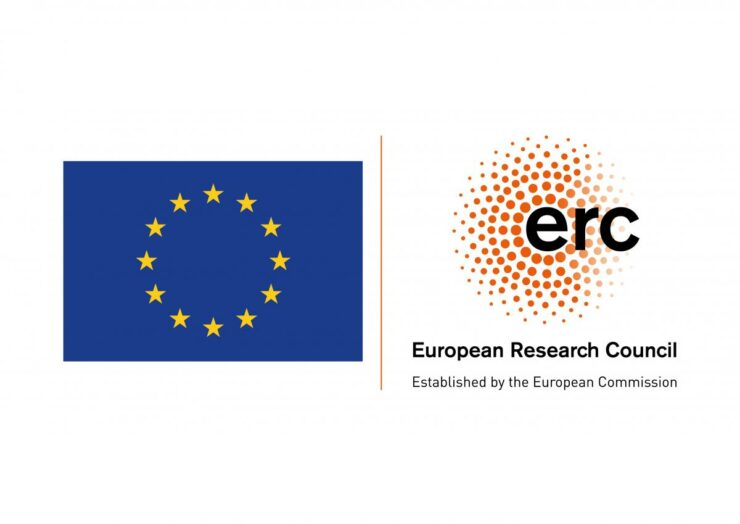Multinationals and Globalization
Our recent political turmoil has revealed deep and growing discontent with the globalized economic order. Wage suppression, offshoring, tax havens, environmental destruction, rentier financialization, poverty, austerity, precarity, inequality—governments appear powerless to cure these ills, even in the developed West. Exploited workers in the Global South remain highly vulnerable. The products they make, and the wages they receive, tend to benefit all parties, but at what cost? It would take over 400 years for a Bangladeshi garment worker to earn what Nike’s CEO makes in a single day, a day on which, like every day of the year, 25,000 people die because they can’t afford food. Questions of global justice are inescapable. They focus inescapably on the world’s economy. The most powerful entity in that economy is the multinational corporation. My project studies the power of multinationals to shape our individual and communal lives—what it consists in, why they have it, how they use it, and whether it can be justified. At this initial stage, many issues await precise formulation. What follows are some of the project’s main topics.
The first concerns the nature of intersovereign power, the fact that multinationals operate in the gray spaces between state jurisdictions. Which political theory best accounts for this phenomenon, and what policy innovations, if any, might effectively address it? The second problem is that of international trade and investment, taken as an integrated system. Multinationals benefit most from that system. How fair are its rules? Which principles of justice apply to global commerce, and why? What do the beneficiaries of multinational power—the shareholders, directors, and managers—owe to workers in their value chain, and to the communities through which it passes? The third topic is basic to the others, as it deals with the multinational’s ownmost identity. What precisely is a multinational corporation—as opposed to another modality of the firm—and what follows, politically and otherwise, from its having those defining attributes? I will argue that a corporation is an agential collective whose structure is best understood as a nexus of powers. When such powers are global in scope, a different political normativity applies, as against what we might usually apply to corporations confined in a bounded sovereign space. An explanation of those differences must be consistent with the underlying theory of the corporate form.
Beyond the strict problems of justice and rights are broader concerns about the social formation that multinationals make possible, and that makes them possible, questions about the patterns of life, the practices of work and leisure and acquisition, of domination and discipline and force, which build the prosperity of some on the hardship of distant others. Legal and economic theories of the corporation tend to avoid such concerns. One of my project’s aims is to bring what Hegel called the “struggle for recognition”—and the dynamics of social power in general—into our assessment of those theories. My overall approach is an eclectic one. By synthesizing concepts and arguments from analytic political philosophy (Cohen, Pettit, Raz, etc.) with certain insights from social ontology and the Critical Theory tradition, I hope to locate the multinational—its real powers, operational logic, and historical basis—in a larger range of human contexts.
This project is researched by Tully Rector.
Would you like to read more about the current developments within the sub-projects? Click here.



